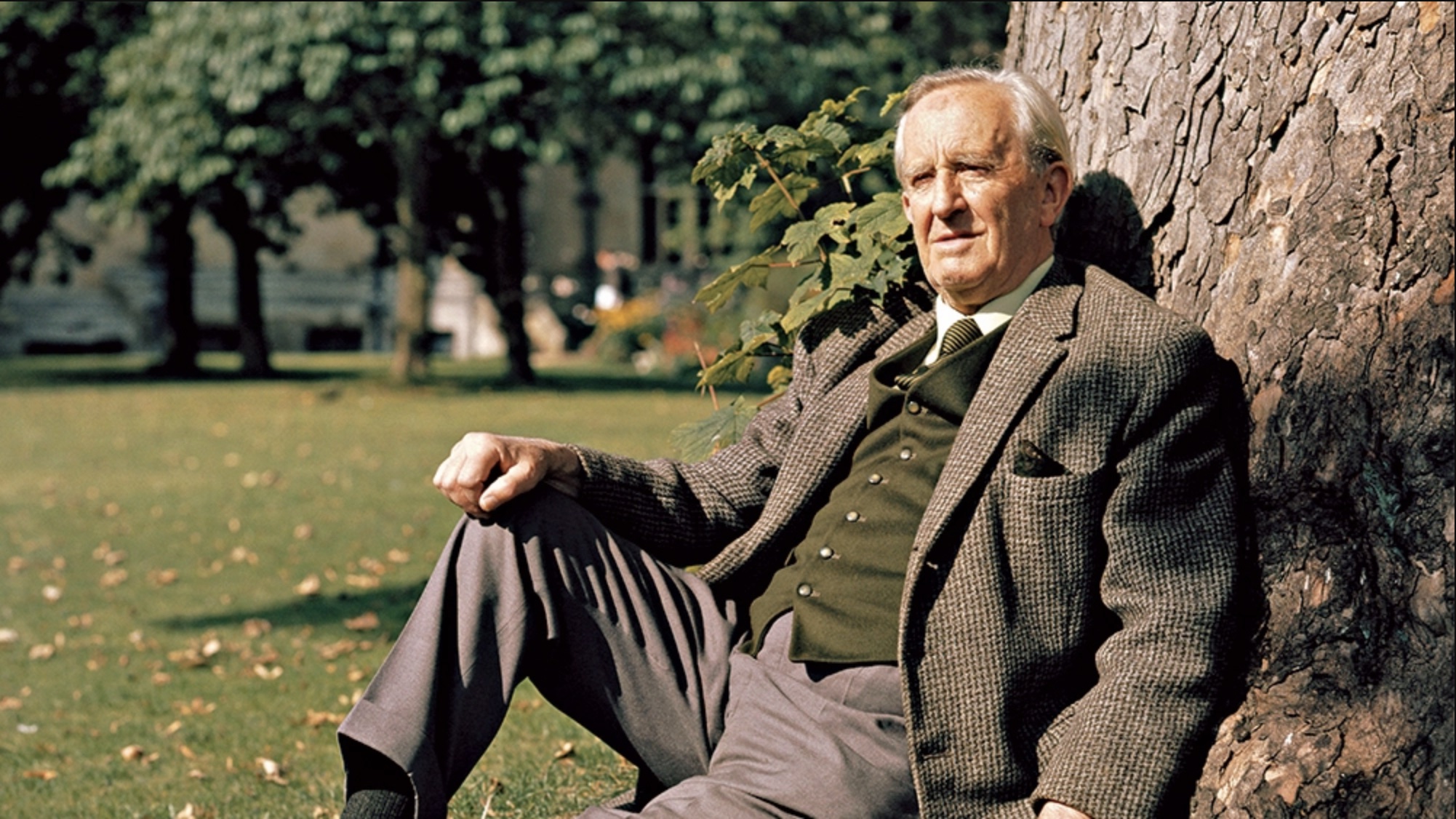
Jonny asked me a while back if I’d adapt some writing I’d done into a series of articles for Sputnik on the writing of J.R.R. Tolkien, what his work and legacy can tell us about the Christian Imagination (a recent hot topic on the Faith in the Arts podcast) and what we as Christian artists can learn not just from reading his writing, but from participating in an incredibly rich and consistent fantasy world that provides escape, recovery and consolation.
I collapsed from a cardiac arrest on the evening of 13th February this year. I stopped breathing for around 14 minutes, got put into a coma and was finally brought round a week later. About 5 weeks after that I was finally well enough to go home. There was a lot of mental, emotional, spiritual and physical catching up to do after a shock like that, but perhaps none more significant than this: the 13th February was the Night of the Superb Owl, an important ritual event in American culture. To coincide with this, a trailer for the Amazon Corporation’s Rings of Power television series was released.
So yeah, turns out I’m only just realising that people really didn’t like it. Reddit forums and the YouTube comment sections are never the best place to learn anything particularly instructive, but it seems most of my fellow Tolkien nerds are already mashing the panic button. Fortunately, my favourite Tolkien nerds of all over at the Amon Sûl podcast are keeping their heads. Amon Sûl consists of a couple of Orthodox Christians from the United States who host a variety of guests and discuss what Tolkien’s work has to say about their Ancient Faith. Both hosts are former prots whose journeys to Orthodoxy were heavily influenced by the enchantment and sacramentality present in Tolkien’s writing. They also played an enormous hand in dragging me through the experience of suddenly losing my Dad in 2020.
Do what Tolkien would have wholeheartedly endorsed – get out there and make your own stuff.
In an episode which aired on 10th March, co-host Richard Rohlin, one of Amon Sûl’s co-hosts and a Germanic philologist like Tolkien, addressed some of the chatter concerning ‘Rings of Power‘:
“If we can learn anything from Tolkien, it’s the importance of going out and telling our own stories, of being sub-creators acting in the image of our God and Father who made and loves us. Most of the noise around the new Amazon series amounts to consumers expressing their pleasure or displeasure at how an enormous corporation will or will not provide entertainment to their tastes.”
Hear this; Amazon can’t ‘ruin Tolkien’. His writing is there for as long as any of us want to read it. So, instead of falling for the dumb culture war trap of getting angry about stuff we are utterly powerless to change, it would be a much better use of our energy and time to do what Tolkien would have wholeheartedly endorsed – to get out there and make our own stuff. Stories, soup and art.
My hope and prayer is that these reflections on Tolkien’s work and the discussion and community they can foster would help us in doing just that.
